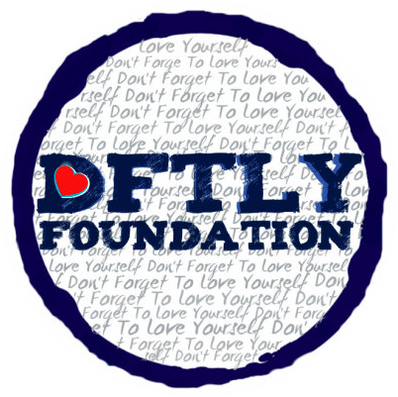hope - and why we should talk about difficult topicsHope is a powerful, powerful thing. From individual hopes for the future to idealistic hopes for humanity, people often talk about the things that they hope will happen. It’s easy to talk about hope because it represents the possibility of change. It is a spark of light that can illuminate even the dimmest of places. But no one likes to talk about what happens when that hope seemingly disappears. Because, if hope is light, then the absence of that light is darkness. It is depression. And talking about depression makes people uncomfortable. My child psychology class last semester covered depression for exactly one half of one class period. Comparatively, we discussed a newborn baby’s sleep cycle and crying patterns for two weeks. Now, I’m not trying to take anything away from the legitimacy of learning about neonatal care, but the topic isn’t exactly pertinent to my life at the moment. Needless to say, I was frustrated when, as we got to the topics I was truly interested in, the ones I really, really wanted to talk about, they were rushed through and brushed over in about twenty five minutes. Eating disorders, self-harm, depression, and suicide; Devoting such a short amount of time to the discussion of these issues does nothing to combat the innumerable fallacies and misinformation that surround them. And unfortunately, a lack of discussion leads to the development of false stereotypes, misguided judgements, and unfair labeling. For example, the notion that a person who struggles with an aforementioned disorder is “weird”. During our brief class discussion about self-harm, a girl in the back of the class, who had a habit of commenting on everything the professor said, raised her hand and proceeded to tell the rest of us about a girl she knew in high school who, as she put it, “did that cutting thing and it was so weird”. My classmate talked about the girl as if she were a circus attraction, one that the whole school treated as a pariah. I was boiling. Self-injury is not “weird,” it is a mental disorder. Had my classmate understood the depth of the disorder, or the emotional pain and shame that goes with it, she would have chosen different words to describe it. She also would not have assumed that the girl she knew in high school was the only one suffering with/from the desire to self-mutilate. In fact, I would be willing to bet that there were multiple students at her school who struggled with self-destructive thoughts, patterns, and behaviors. That’s because self-harming, eating disorders, and depression are unfortunately so prevalent among adolescents. Yet, because there is a sense of shame that surrounds them, they’re rarely discussed. Consequently, their prevalence is grossly underestimated. Keeping quiet about them just feeds the behaviors, but no one wants to talk because they don’t want to be judged. They don’t want to be ostracized or labeled as weird. They don’t want to be the subject of gossip. It personally took me a long time to learn how to talk about my own struggles. I spent so long feeling alone, like no one would understand what I was thinking or feeling, and so I bottled up everything. But as I began to be more open, I found more and more people who were dealing with similar things. The realization that I wasn't alone became a source of hope. But so many people don’t have that reassurance and, as a result, they keep everything inside until they can’t handle it any more. Until the darkness consumes them and blocks out all the hope that they’re not alone, that others have been where they are, that others have faced the same things they are facing and have healed. My Facebook newsfeed has been blowing up recently with articles about suicide. All of the victims have been so young and all seemingly had so much going for them. But they all lost hope that things would get better. I can’t pretend to know the circumstances or motivations behind each of these victim’s deaths, but I do know that even the littlest bit of hope can help someone hold on. That’s why we shouldn’t be afraid to talk about our struggles. Because if no one ever shared their story, there would be no hope for healing. I hope someday soon there will be more educated discussions about these kinds of difficult topics, and I hope that those suffering with these disorders will feel less shame and more acceptance. Especially more self-acceptance. I hope. DFTLY, Ali
follow Ali:
0 Comments
|
Details
Archives
September 2020
Categories
All
|


 RSS Feed
RSS Feed